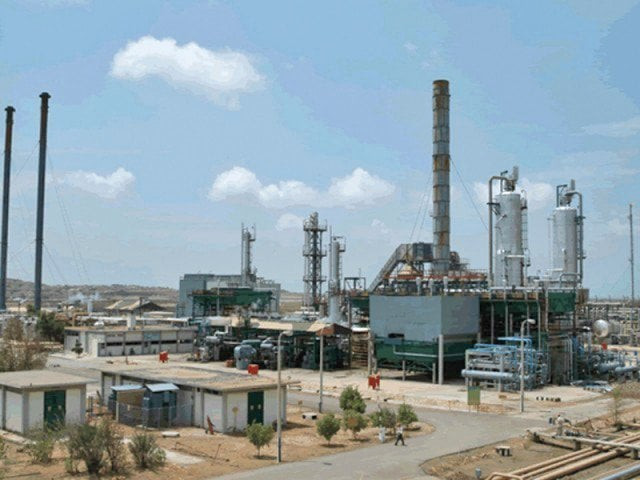OMCs, dealers: Finance ministry, PC support increase in margins
Agree margins should be revised in line with inflation

Agree margins should be revised in line with inflation. PHOTO: FILE
Resisting Oil and Gas Regulatory Authority’s (Ogra) recommendations to not allow any further increase in margins to oil marketing companies (OMCs) and dealers, the Ministry of Finance and Planning Commission (PC) have both supported the increase in margins in line with inflation.
This comes despite Ogra’s warnings that such an increase will only add to the already healthy profits of oil barons and will burden the consumers.
Officials familiar with the development said the finance ministry agreed with petroleum ministry’s proposal to increase the margins of OMCs and dealers in line with the Consumer Price Index (CPI).
The PC was also in agreement with the finance ministry’s position, however, it suggested that the decision be further analysed by Ogra since the proposed increase in margins will result in higher prices for end-consumers and Ogra was responsible for protecting the interest of both - the investors and end-consumers.

Ogra, on the other hand, has opposed the plan of linking the increase in margins with the CPI, insisting that margins of oil barons have increased by 271% since 2009 and any further rise makes little sense.
Ogra reasons that the present level of international crude prices was more or less the same as that in 2008-09. However, the margins of OMCs and dealers had increased manifold.
It said margins of OMCs on high-speed diesel (HSD) had increased by 110% and on petrol by 222%. The margins of dealers have increased by 103% for HSD and 271% for petrol.
Furthermore, due to lower petroleum prices, the working capital requirement of OMCs and dealers should have significantly decreased, which should pull down the costs. Additionally, it highlighted that most of the OMCs had posted handsome profits. Therefore, increasing the margins would only add to their profits at the expense of consumers.
It proposed that the earlier Economic Coordination Committee (ECC) decision should be reviewed and the margins should not be linked to the CPI.
It should be noted that the CPI reflects the price trend for general consumers and indexing profits of a company whose profits are little affected by the general inflation is difficult to rationalise, especially since the CPI does not reflect the cost of business for the OMCs and dealers.
History
Despite the fact that the OMCs were already provided 20% return on their investment, the ECC in October 2014 approved increase in margins effective November 2014 with the suggestion to link their revision with the CPI in future. This meant that OMCs and dealers had good reason to expect an increase in margins a year later along with the CPI, given ECC’s earlier decision.
Dealers and OMCs
The OMCs were of the view that margins should have been revised in November 2015 as per ECC’s earlier ruling in October 2014. Since more than a year has lapsed, the increase in margins expected was more than the yearly inflation. Furthermore, they requested for infrastructure investments to also be considered while determining the margins since these were not considered during the last revision.
Dealers too requested for their margins to be revised in line with Pakistan Institute of Development Economics’ report. The report suggested that the dealers’ cut ought to be 4% to 5% of the selling price of petrol and diesel.
Since these recommendations were about two years old, the dealers argued that their margins should be 10% of the selling price.
Petroleum ministry had noted that OMCs and dealers’ expectations for increase in margins went beyond the CPI, therefore, the revision in line with the CPI was an agreeable compromise.
Published in The Express Tribune, April 23rd, 2016.
Like Business on Facebook, follow @TribuneBiz on Twitter to stay informed and join in the conversation.



















COMMENTS
Comments are moderated and generally will be posted if they are on-topic and not abusive.
For more information, please see our Comments FAQ